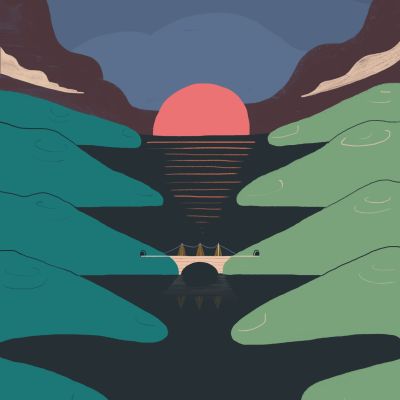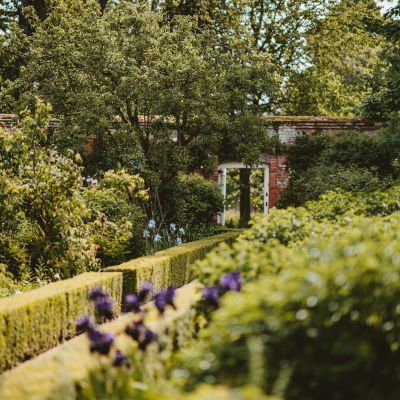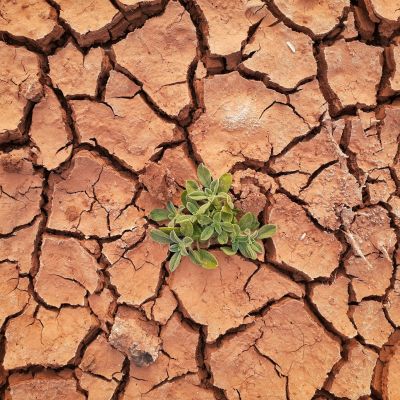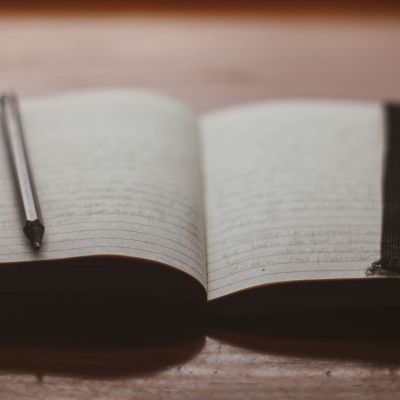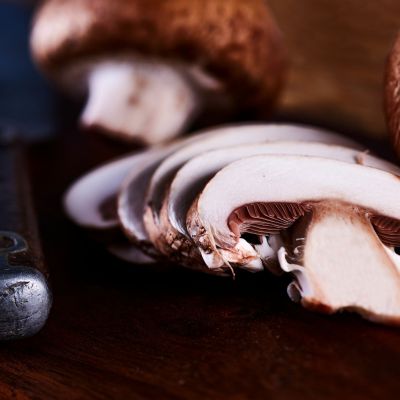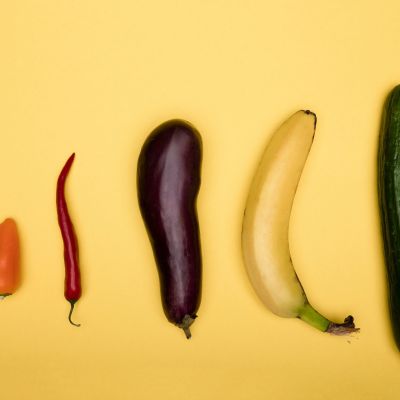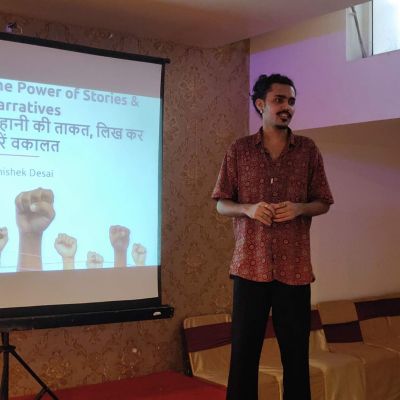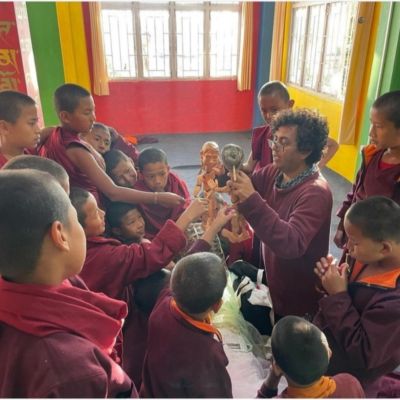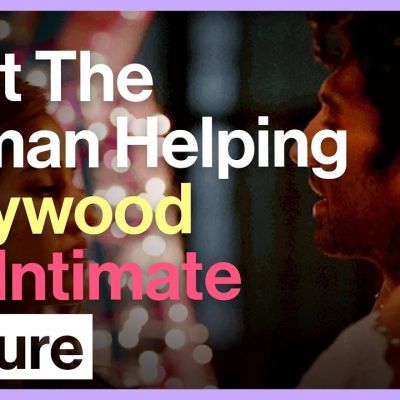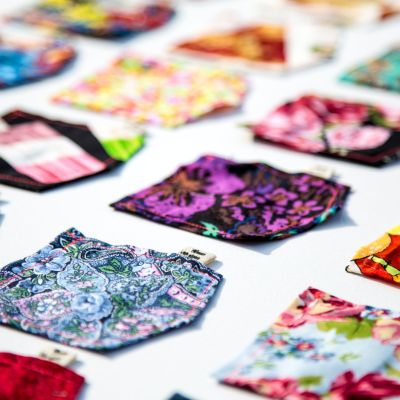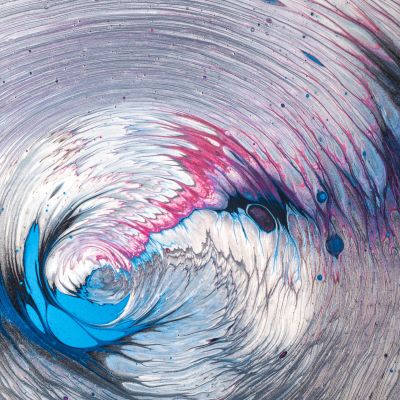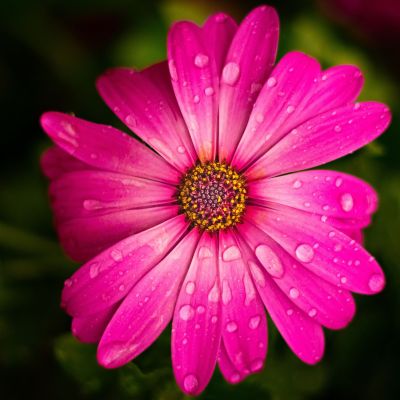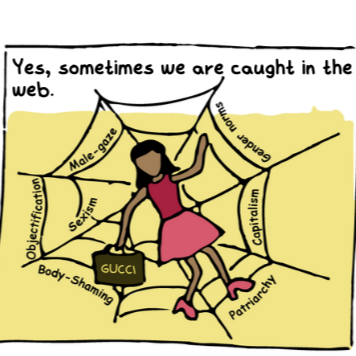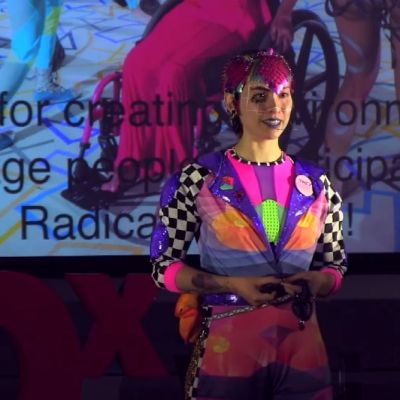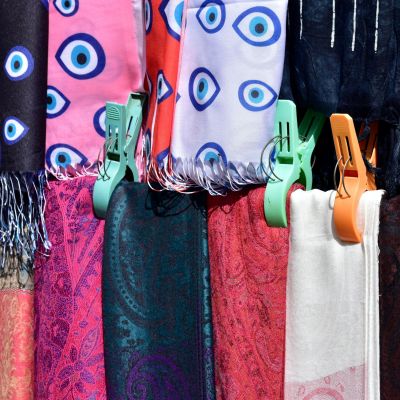Gender
This month’s offering of articles, poems and fiction is an eclectic mix that (mostly) reflects what was borne out of the pandemic, and its impact on sexuality, intimacy, relationships, and more.
With access to private spaces taken away on account of the pandemic, suddenly couples from liberal and affluent backgrounds found themselves in the same position as couples from less privileged backgrounds – desperately looking for pockets of privacy.
Why does the gap feel so wide no matter how much I explain, again and again, that I do not mean to hurt him… hurt any of them? I feel torn… but Amma and Appa need my help at home. Lockdown has been so damn hard.
I would once again be theirs, in memory, on the day my lover would die.
A part of me is strong, independent, and quick to dismiss all kinds of uniformity. The other part is bashful, fearful, and somewhat assenting to a vast compromise.
The pandemic and lockdown isolation made recovery harder for people with sex or porn addiction because of a lack of support systems that enabled their recovery.
Quick Bytes is based on short responses to cue questions that we ask those who agree to participate in this micro feature.
Aastha Khanna is India’s first intimacy coordinator who is making sure that a film’s vision is realised without flouting anyone’s boundaries, or leading to general awkwardness on set, especially when it comes to intimate scenes.
Fashion is a language that expresses survival, rebellion, freedom, visibility and invisibility, identity, representation and inclusion.
How could I be trans if I didn’t tick off all the correct checkboxes demanded by politics, law, society and even the transgender community itself?
Why must others judge her appearance and grace
When true beauty is not confined to a face?
In a world obsessed with the outer shell,
She knows in her heart inner beauty dwells.
For many people, fashion serves as a vehicle for expressing their unique identities, their political beliefs, and their sexual orientation.
What if we refused to assimilate? What if we collectively decided to dress in a way that made it so society could not render us invisible?
While women’s colleges are certainly a step ahead of other institutions in creating spaces of liberation and encouraging freedom of choice, this rare advantage must expand itself onto the landscape of our entire country.

